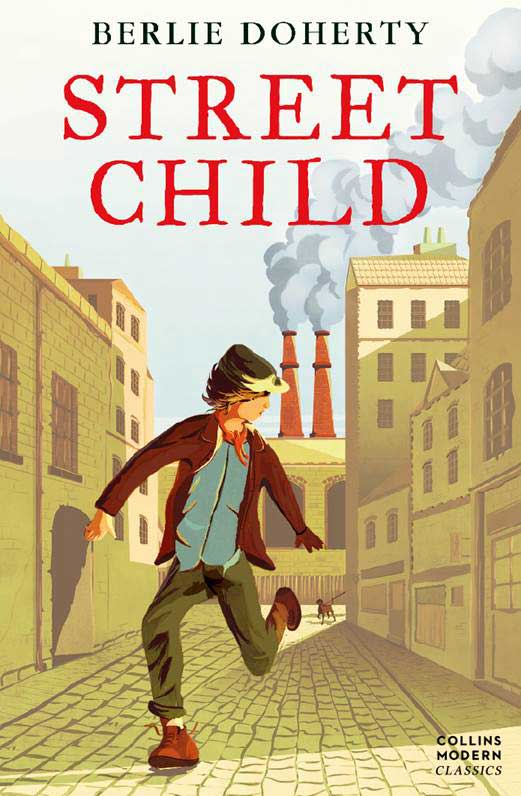
Children with dyslexia face many challenges. Issues with reading, writing and spelling mean they are often marked down and underachieve. This can lead to loss of confidence and a feeling that they cannot succeed in learning. It can lead to withdrawal from education, peer pressure, name calling, bullying and social isolation.
There are so many competing demands on young people's time these days and reading often takes a back seat. But there are many people who find reading such a physical effort that they dread it and get very little reward for all their efforts.
Students who have not become confident readers by the time they arrive in secondary schools may face many of the same challenges. A small pilot project looked at the efficacy of audiobooks for a group of learners in year 8 at King Edmund School in Essex. The research was led by Professor Janice Wearmouth and Dr Karen Lindley, who have recently had their new BA (Hons) SEND degree approved. This is now recruiting their first intake of students in September 2022. They worked with Helen Baker, Deputy Head Curriculum, and Kelly Jacob, SENCO and teacher of English. A third partner was Calibre Audio Library, a national charity providing a subscription-free postal service of unabridged audio books for adults and children with sight problems, dyslexia or other disabilities, who cannot read print.
The objectives were:
• To achieve engagement and enjoyment in reading